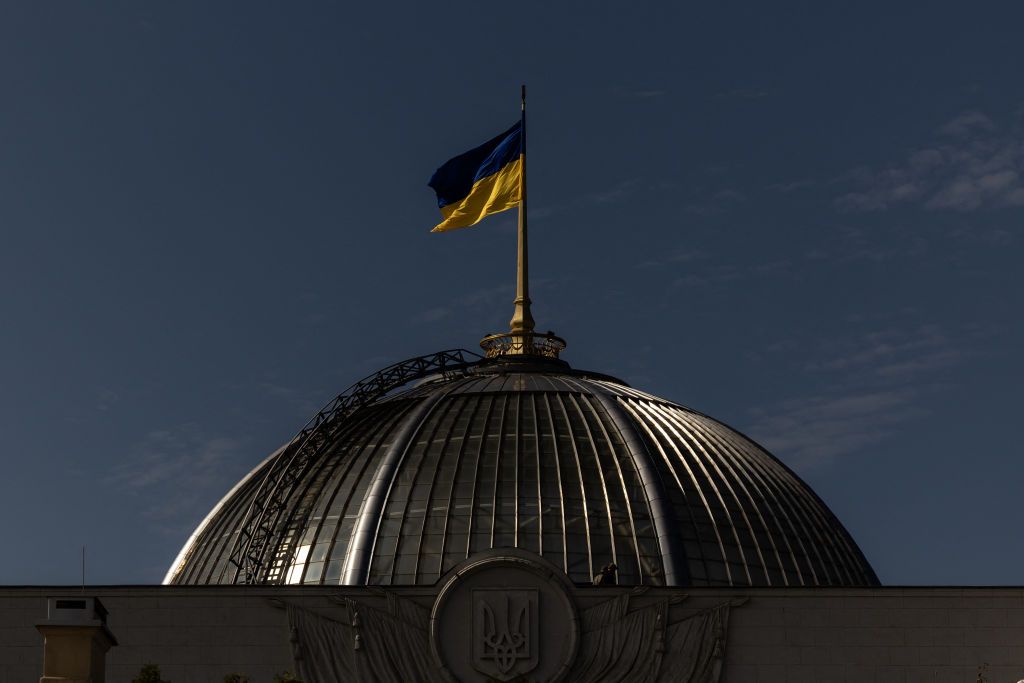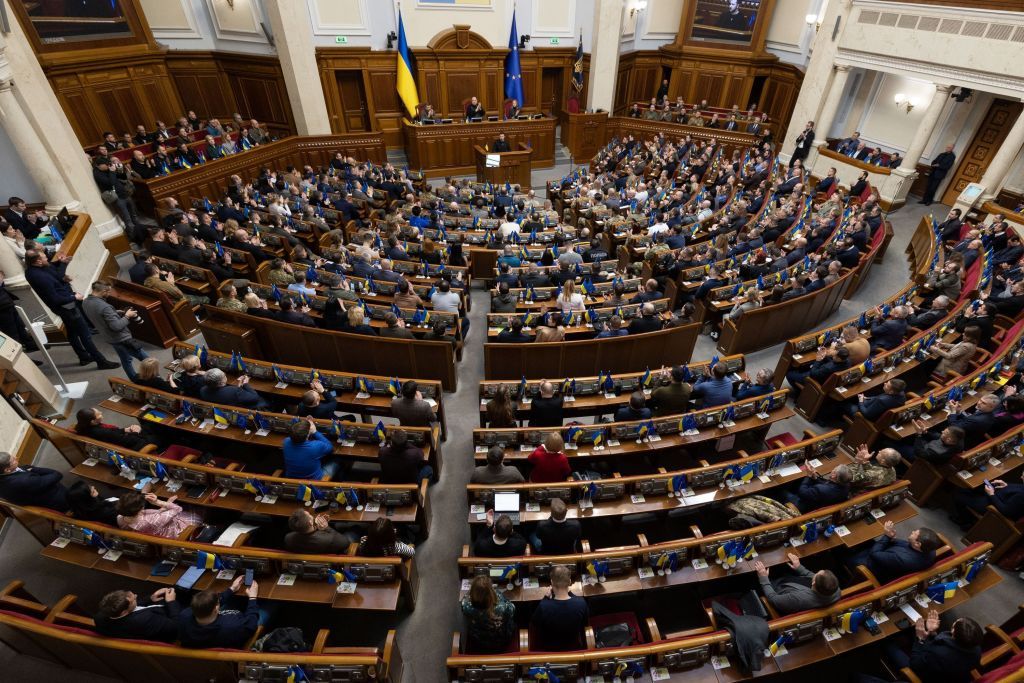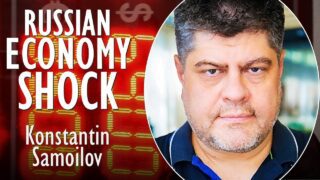
Fragmented financial oversight undermines Ukraine’s economic future
As a direct participant in the process of establishing the new regulatory framework, I wish to initiate a public debate on the biggest challenge facing Ukraine’s financial services market: the lack of consistency in the institutional capacity of financial regulators — an issue made more pressing by ongoing military challenges.
In 2019, the Verkhovna Rada, Ukraine’s parliament, enacted a landmark reform, splitting the responsibilities of the National Commission for Regulation of Financial Services Markets between the National Bank of Ukraine (NBU) and the National Securities and Stock Market Commission (NSSMC). While the NBU was given additional powers over insurance, leasing, finance companies, and credit unions, the NSSMC was tasked with regulating non-state pension funds and construction financing.
At the time, it was hoped the NSSMC would become a strong capital market regulator, yet five years later, concerns remain over its capabilities.
In July 2023, NBU, the NSSMC, the Ukrainian finance ministry, and the Deposit Guarantee Fund approved the Financial Sector Development Strategy, focusing on war repudiation and reconstruction. Despite approval, a unified implementation roadmap is still lacking, mainly due to diverging visions between the NBU and NSSMC.
The situation with investor protection highlights significant concerns. Two and a half years ago, Freedom Finance Ukraine, one of the largest brokers and depository institutions in the country, was sanctioned for activities threatening national security. Despite legislation barring sanctioned entities from participating in capital markets, the NSSMC only suspended the firm’s license rather than revoking it.
This decision left its clients — mostly Ukrainian citizens holding about 800 million hryvnias ($19.2 million) in Ukrainian Eurobonds — in a vulnerable position. They were unable to access their assets, sell their securities, or agree to the government’s restructuring terms. Had the NSSMC allowed clients to consent to the restructuring through the firm’s depository institution, they could have avoided significant losses. The decision to allow clients to receive new bonds came only on Aug. 23, by which point the 1.25% fee for participation had already passed.

Another example of inefficiency is the stalled expansion of Ukraine's link with the international central securities depository, Clearstream. In January 2023, the NBU and Clearstream announced plans to extend their existing partnership to include additional financial instruments for Ukraine’s reconstruction, such as debt securities for infrastructure projects. While the NBU swiftly updated the regulatory framework to implement the changes, the NSSMC delayed approval for months. Despite six months of discussion, the NSSMC failed to approve the amendments, offering no explanation for the delay. It wasn’t until June 2024, after the International Monetary Fund’s (IMF) intervention, that approval was granted.
Additionally, the National Depository of Ukraine (NDU) presents a troubling conflict of interest. The NBU owns 25% of NDU, while the NSSMC controls the state’s 25% share and supervises shares exceeding 5%. The NSSMC holds around 56% of the votes at shareholder meetings and is the sole regulator of the NDU. This conflict, identified by the IMF in 2018 and 2021, remains unaddressed. Moreover, recent amendments to Ukraine’s capital markets law allow NSSMC officials to receive remuneration for their roles in overseeing capital market participants, further entrenching this conflict. Despite opposition, the NSSMC succeeded in pushing through these changes to benefit itself, demonstrating its political influence.
A further example of the NSSMC’s misalignment with government priorities is its handling of currency restrictions. According to the IMF’s current memorandum, the NSSMC is tasked with imposing restrictions on securities accounts to prevent unproductive capital from leaving Ukraine. This responsibility is part of ensuring consistency between the regulations governing bank and securities accounts, with completion expected by December 2024.
Given the ongoing war, it’s critical to prevent capital flight and bolster foreign exchange reserves. However, despite knowing that securities are being used for transactions by its licensees, the NSSMC has not imposed any restrictions on such activities during martial law. In contrast, the NBU has prohibited banks from engaging in securities transactions, including swaps, since the full-scale Russian invasion began.
In conclusion, the “split” regulatory model has proven problematic for Ukraine. Over the past five years, it has generated more issues than it has resolved. No regulatory body seems to be adequately protecting investors' rights. The NSSMC, despite its mandate, has been largely inactive, while the NBU has limited powers in this area.
Ukraine faces two distinct losses: the ongoing conflict and the active disenfranchisement of investors. This creates significant risks for Ukraine’s financial system, including hindering reconstruction efforts, increasing borrowing costs, and eroding international investor confidence. It could also damage Ukraine's reputation with its partners and threaten the stability of the financial system.
To address this, consolidating regulatory functions under a single, strong body — such as the NBU — should be considered to ensure a more effective approach.
Editor’s Note: The opinions expressed in the op-ed section are those of the authors and do not necessarily reflect the views of the Kyiv Independent.













